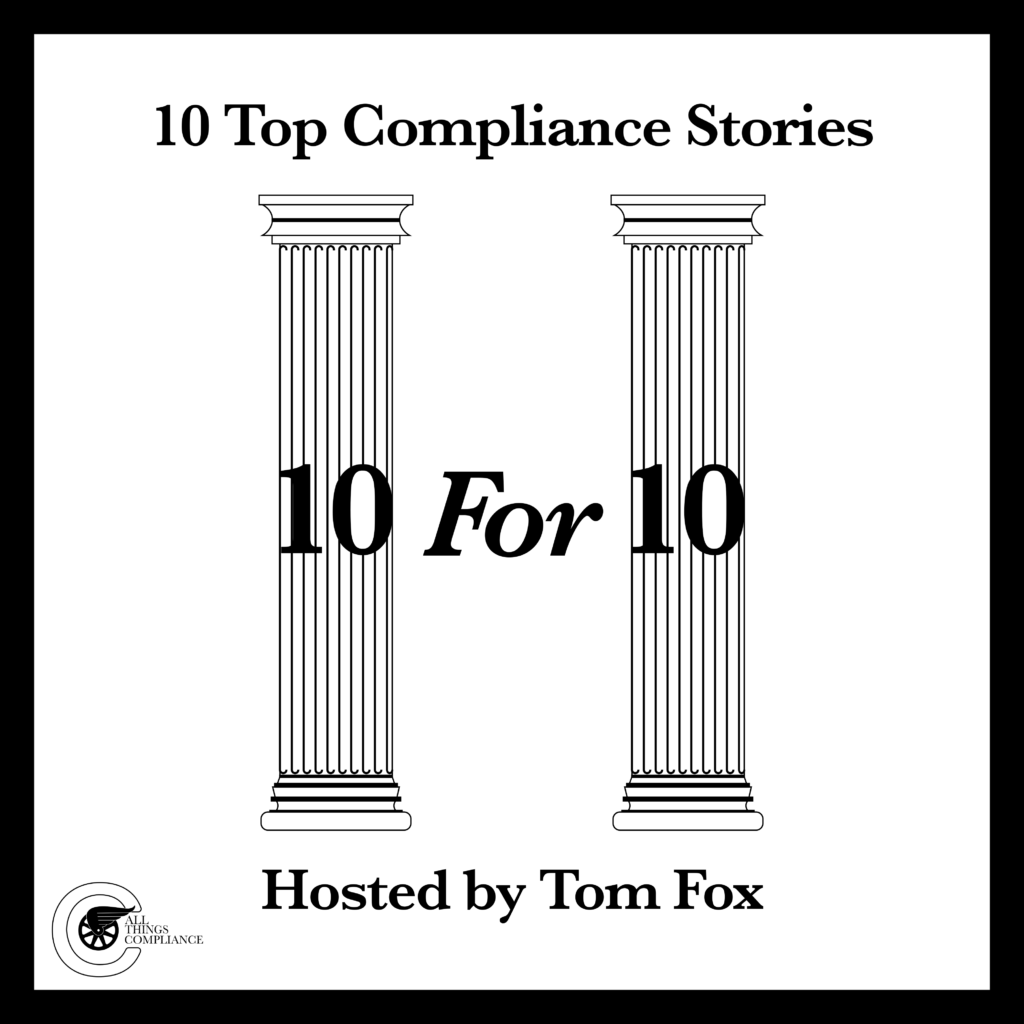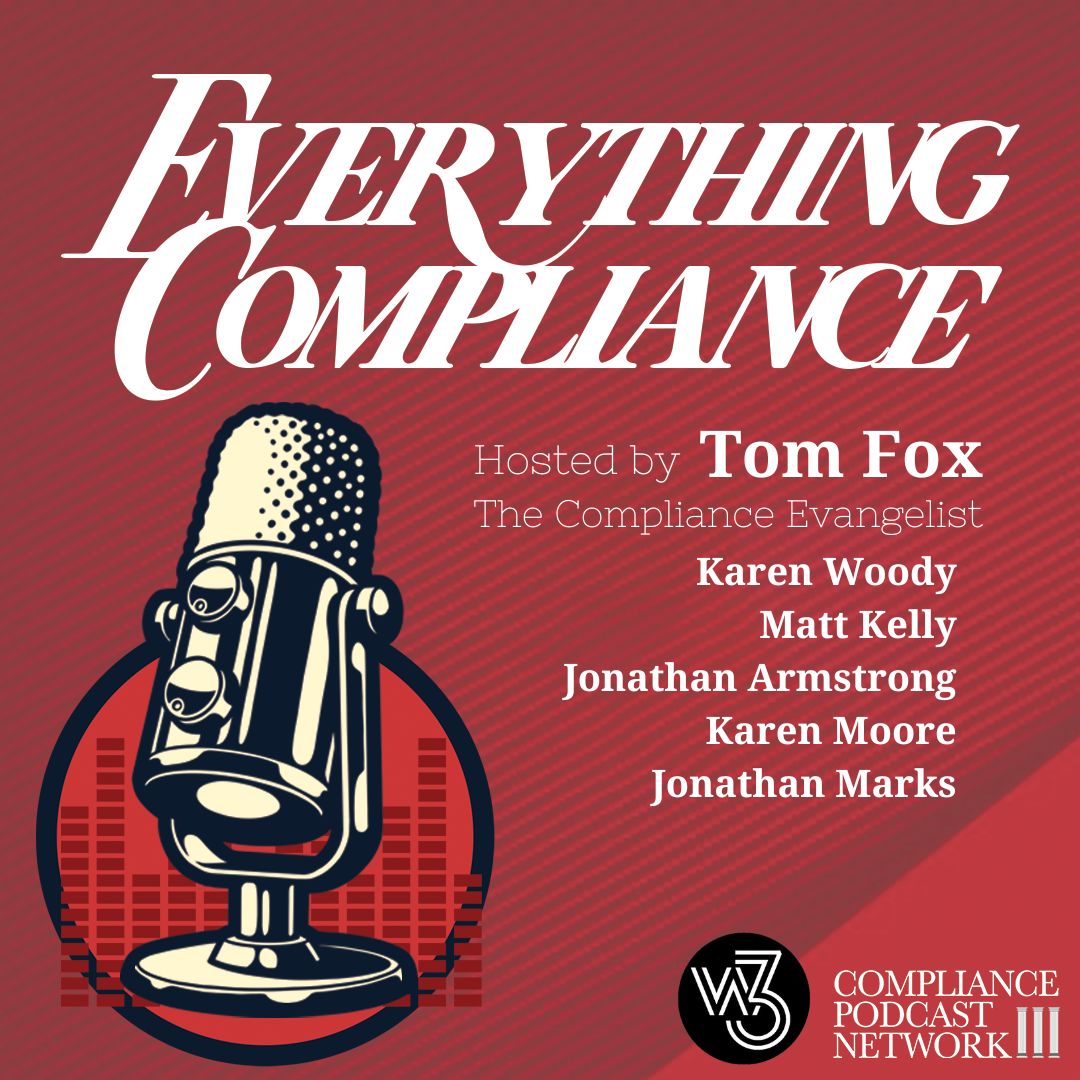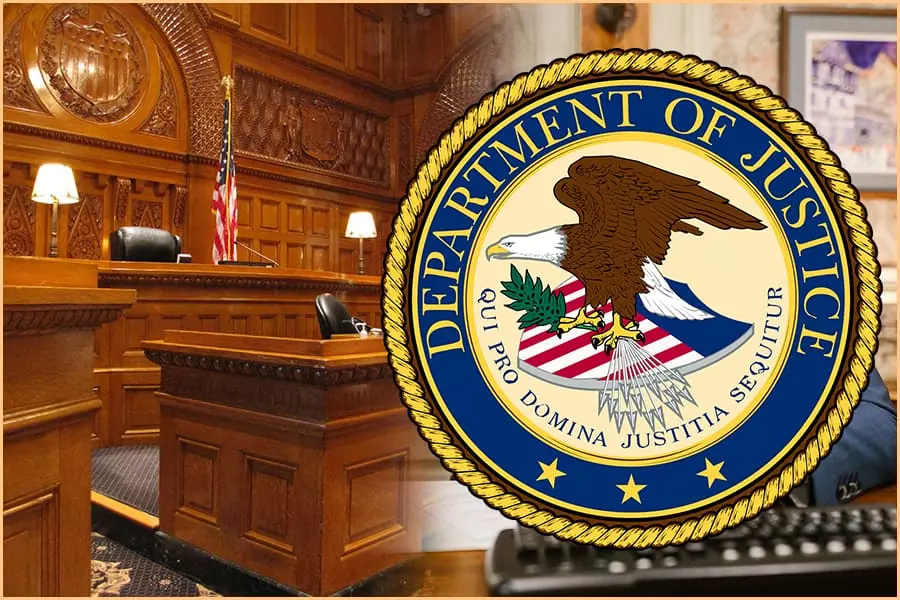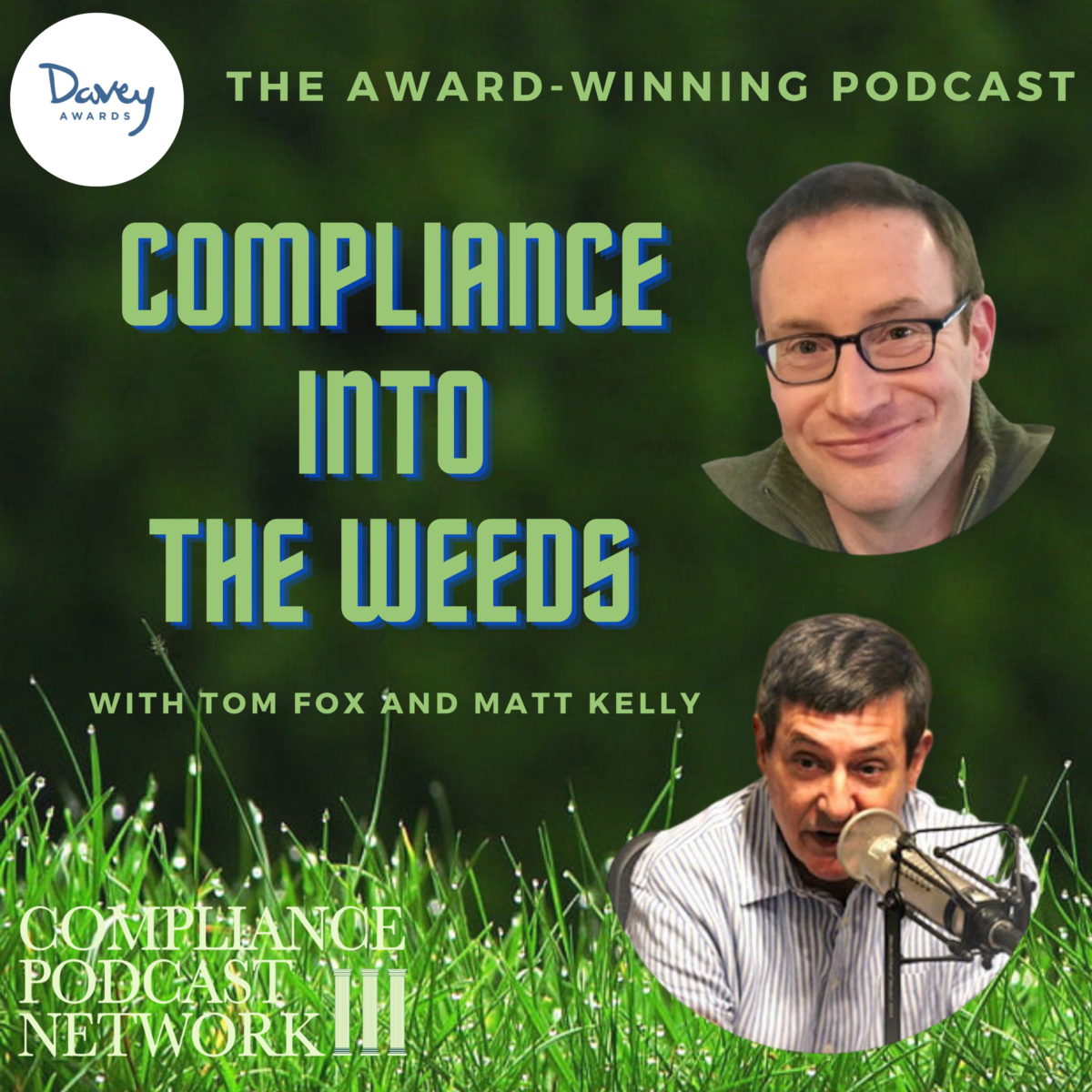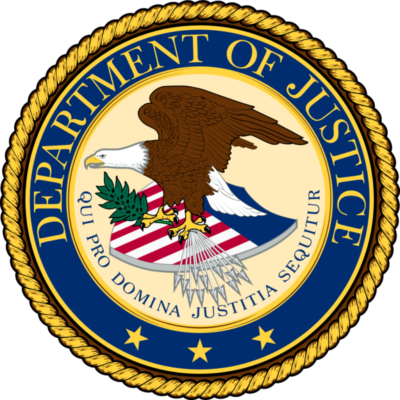I recently wrote a series of blog posts and articles on why the Department of Justice (DOJ) should think big and go big with a completely new approach to the monitorship for Boeing under its agreement to take a guilty plea. Now, I want to turn to Boeing and appeal to the company directly, not to fight the biggest monitorship ever, but to embrace and use this opportunity to rebuild the company, in all aspects, literally from the ground up. Boeing is broken, and now it is facing a guilty charge. Boeing must not fight the monitorship or its scope in any way, shape, or form.
The interests involved with Boeing are too great, and too much is at stake for Boeing. This is not a situation where a company can focus on its shareholders. The framework from Business Roundtable’s Statement on the Purpose of a Corporation seems particularly useful here as there are multiple interests at stake with Boeing. Shareholders are interested in a viable, ongoing, profitable corporation, but if Boeing takes the steps outlined in this piece, the profits will be forthcoming and substantive. There are Boeing’s customers, Boeing’s suppliers, Boeing’s employees, and those localities where Boeing has factories, partners, and third-party relationships.
Start with the customers of Boeing. While there are direct relationships with airline carriers, I argue that the customers of Boeing should extend to those of us in the flying public. Nearly 200 million Americans flew domestically in 2023, and probably 90% flew on a Boeing jet. What about suppliers and localities doing business with and for Boeing? In 2023, Boeing is estimated to have generated over $77bn in revenue for America alone. The employees of Boeing are the biggest group of supporters of the company and the most significant source of information about what is wrong with the company and how to fix it. Yet this is an entirely untapped resource for Boeing as it has become clear as whistleblower after whistleblower has come publicly forward after literally beating their heads internally trying to raise their hands and speak up.
A standard monitorship involves the appointment of an independent monitor who oversees the company’s compliance with legal and regulatory requirements. This oversight ensures that the company adheres to the terms of its settlement and implements necessary reforms. The monitor acts as an impartial third party, reporting to the DOJ on the company’s progress and adherence to ethical standards.
But here, I have proposed a much bigger monitorship that Boeing should fully embrace. I have urged the DOJ to appoint an Omnibus Monitor to oversee multiple monitors in specific subject matter areas. This would be far too big for any law firm or consulting company. The Omnibus Monitor would be in charge of a wide variety of corporate disciplines that Boeing must get right out of the terrible corporate fix they find themselves in. What are some of the areas that should have their monitorship under an Omnibus Monitor? Safety is at the core, but so is culture, compliance, Speak Up and Listen Up, supply chain, fraud, export control, and sanctions. The DOJ needs to work with the Federal Aviation Authority (FAA) to oversee all aircraft manufacturing issues to meet the FAA regulatory requirements.
One of the most significant benefits of this Omnibus Monitor approach would be restoring trust and credibility for Boeing. The 737 Max incidents have deeply tarnished Boeing’s reputation among regulators, the public, investors, and other stakeholders. Accepting this Omnibus Monitor would demonstrate a commitment to transparency and accountability, demonstrating that Boeing is willing to undergo rigorous scrutiny to regain its standing.
Transparency is a cornerstone of trust. By allowing this Omnibus Monitor to evaluate and report on its practices, Boeing can show that it has nothing to hide and is dedicated to making genuine improvements. This openness can help rebuild confidence among customers, suppliers, and the aviation community.
As I noted, this Omnibus Monitor would have multiple monitors under it. A critical area where Boeing must improve is its internal culture. A monitor can play a pivotal role in this transformation of culture. The monitor can help Boeing develop a robust compliance program that prioritizes safety and ethical conduct by providing unbiased assessments and recommendations. An external perspective is invaluable in identifying blind spots and areas of resistance within the organization. Boeing has demonstrated that it cannot recognize and address deeply ingrained cultural issues. A monitor can provide the objectivity and expertise needed to drive meaningful change, ensuring safety and compliance are ingrained in every aspect of Boeing’s operations.
It is time for Boeing to step up and repair its relationships with regulators, from the FAA to the DOJ and all those regulatory bodies. Once again, Boeing has a terrible relationship with the regulators, and an Omnibus Monitor demonstrates a willingness to cooperate fully with the DOJ and other regulatory authorities. This goodwill can benefit the current settlement and any future interactions with regulators. By embracing this Omnibus Monitor approach, Boeing can show that it is taking its obligations seriously and is committed to rectifying past mistakes. This proactive approach can lead to more favorable settlement terms and potentially reduce the severity of any future penalties.
Implementing lasting reforms across the entire organization requires more than internal efforts; it requires sustained oversight and accountability. This Omnibus Monitor approach provides a structured framework for Boeing to follow, ensuring that reforms are implemented and maintained over time. The monitor’s periodic evaluations and reports create a continuous feedback loop, allowing Boeing to make necessary adjustments and improvements. This structured oversight will hopefully prevent the recurrence of past issues and promote a culture of constant improvement. It ensures that Boeing’s commitment to safety and compliance does not wane once the immediate scrutiny is lifted.
Shareholders and investors are all a part of this discussion as well. Investor confidence is crucial for any publicly traded company. The 737 Max crisis has shaken investor faith in Boeing. Embracing a monitorship can help reassure investors that Boeing is committed to addressing the root causes of its problems and is on a path to recovery. Investors seek stability and transparency. By accepting this Omnibus Monitor approach, Boeing can ensure that it is taking concrete steps to mitigate risks and enhance its governance practices. This reassurance can stabilize stock prices and restore investor confidence, which is essential for the company’s long-term financial health.
Boeing is not just any company; the US is the leader in the aerospace industry. It is one of the two biggest airplane manufacturers in the world. Its actions set precedents and influence industry standards literally on a worldwide basis. By willingly accepting this Omnibus Monitor approach, Boeing can set a positive example in the industry. Boeing can demonstrate that even the largest and most established companies are not above accountability and can benefit from external oversight. This leadership can have a ripple effect, encouraging other companies to prioritize safety, compliance, and ethical conduct. It can contribute to raising the overall standards of the aerospace industry, benefiting the entire ecosystem, including passengers, regulators, and competitors.
In conclusion, while the prospect of this Omnibus Monitor approach might initially appear daunting, it is, in fact, a powerful tool for Boeing to embrace. The benefits of restoring trust, enhancing compliance and safety culture, demonstrating good faith to regulators, facilitating lasting reforms, reassuring investors, and setting a positive industry example far outweigh the perceived burdens.
Boeing’s journey toward redemption and sustainable success hinges on its willingness to accept responsibility and make genuine improvements. By embracing this Omnibus Monitor approach as part of its settlement with the DOJ, Boeing can take a significant step forward in rebuilding its reputation and ensuring a safer, more ethical future for itself and the aerospace industry.
Embracing this oversight is not a sign of weakness but a testament to Boeing’s commitment to excellence and accountability. It is a strategic move that can pave the way for a brighter and more responsible future, reaffirming Boeing’s position as a leader in the aerospace industry.


